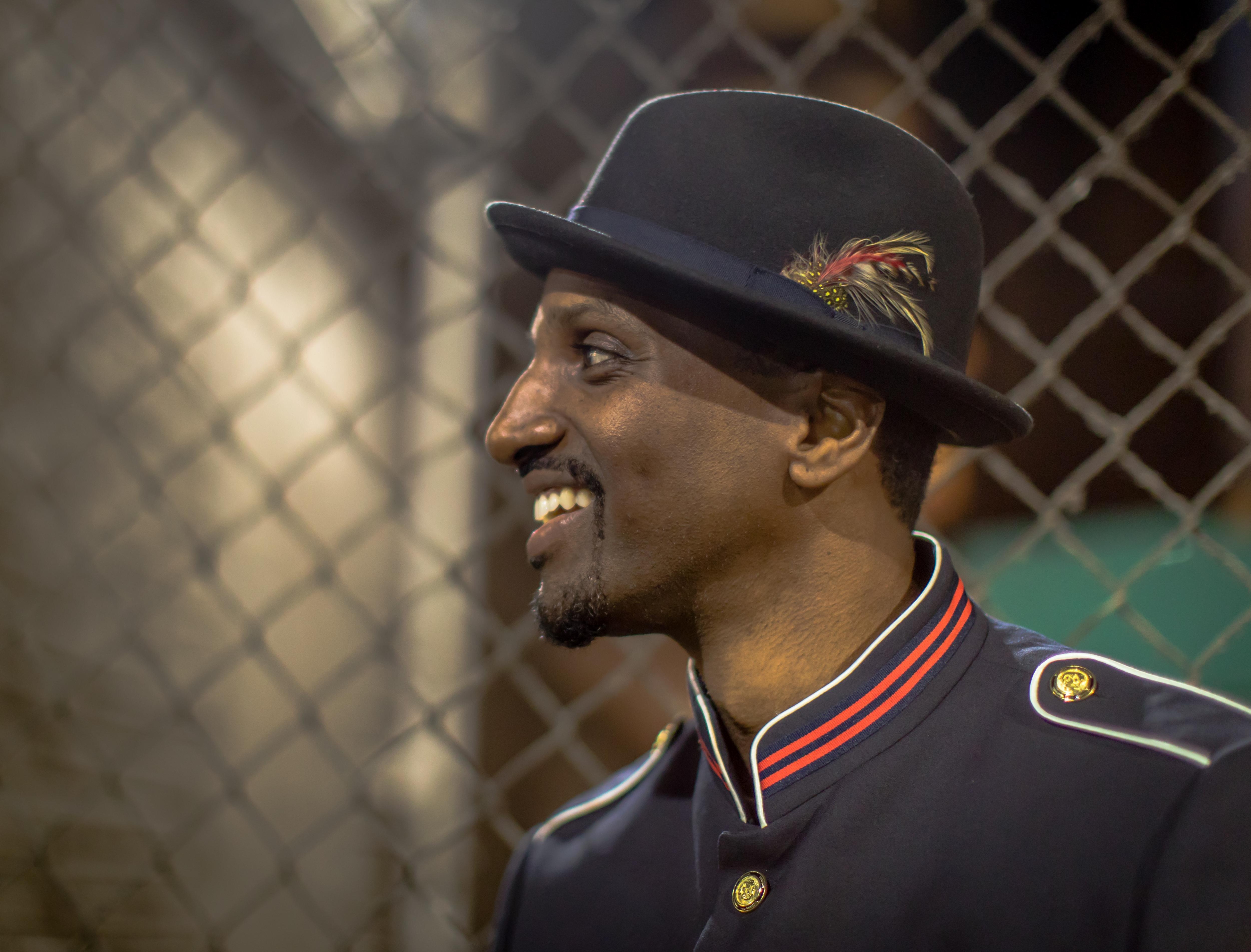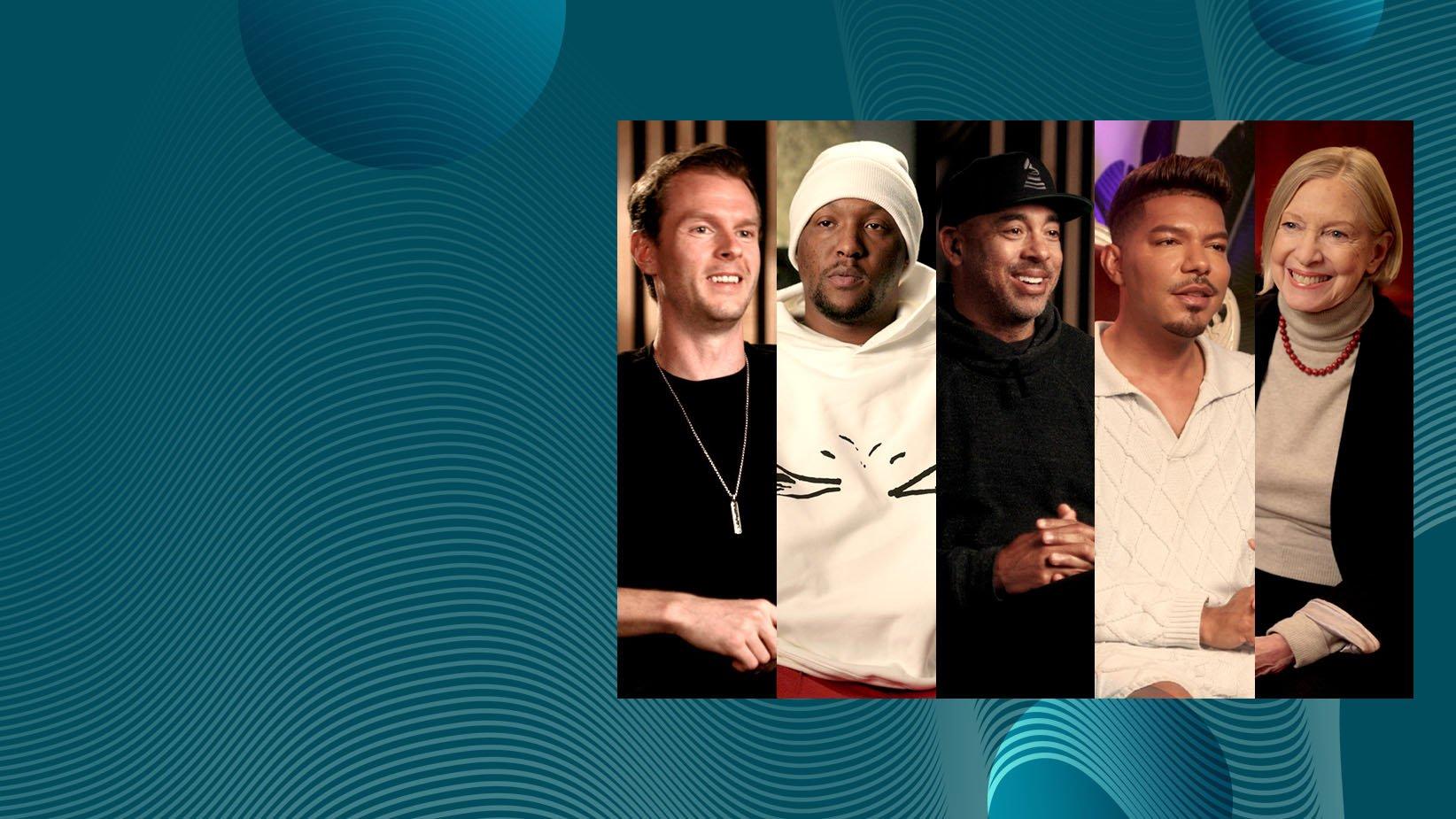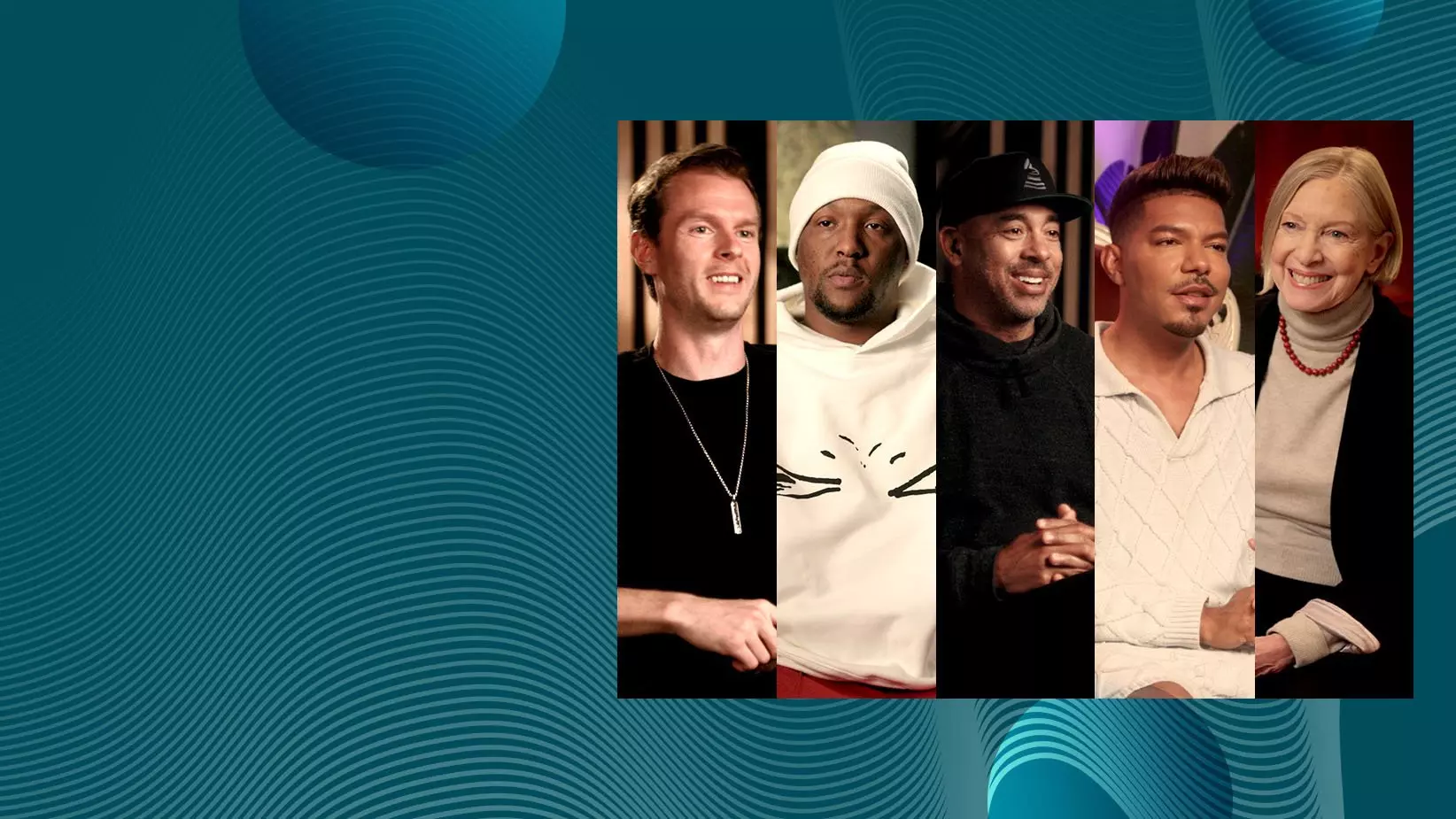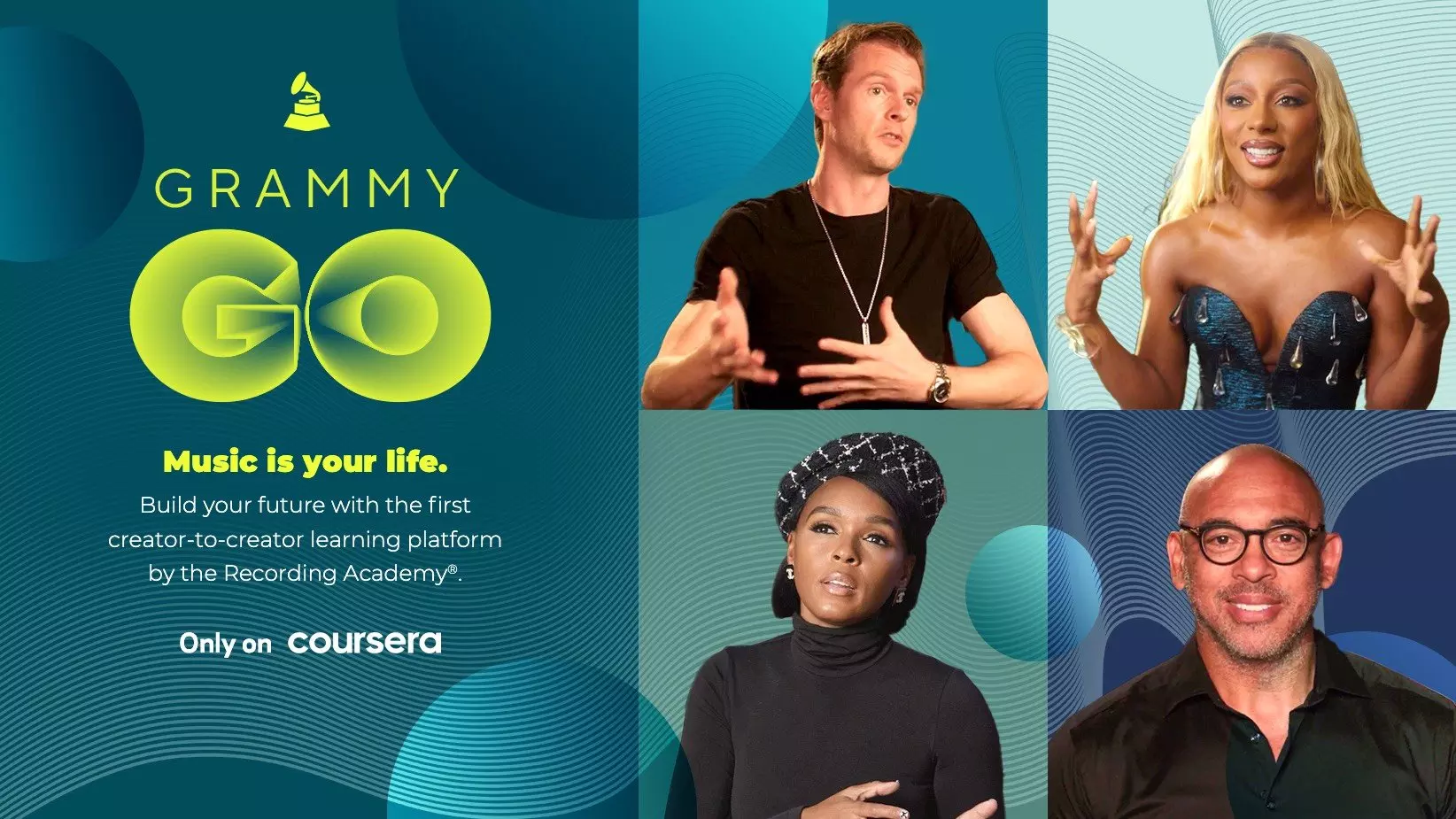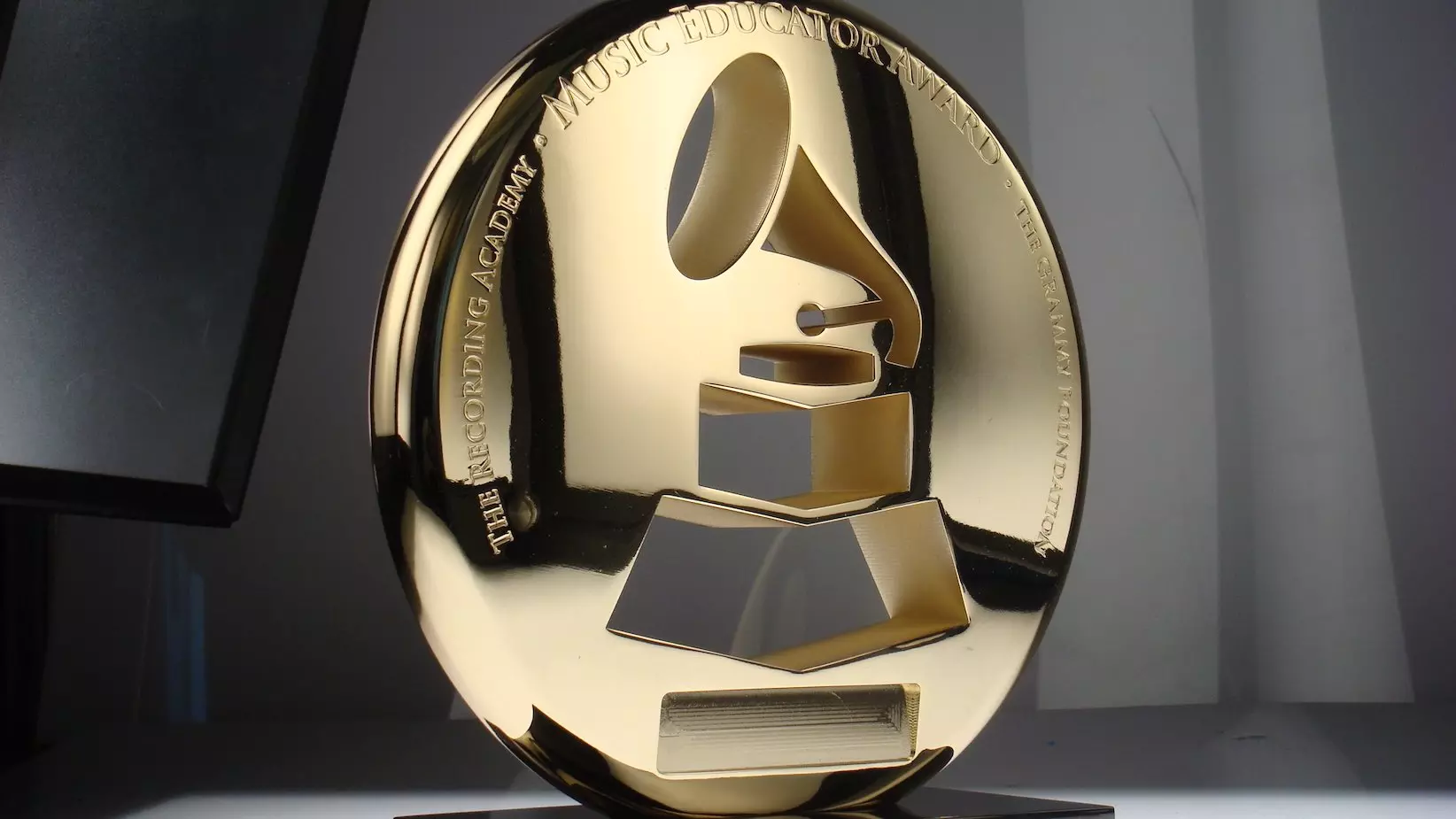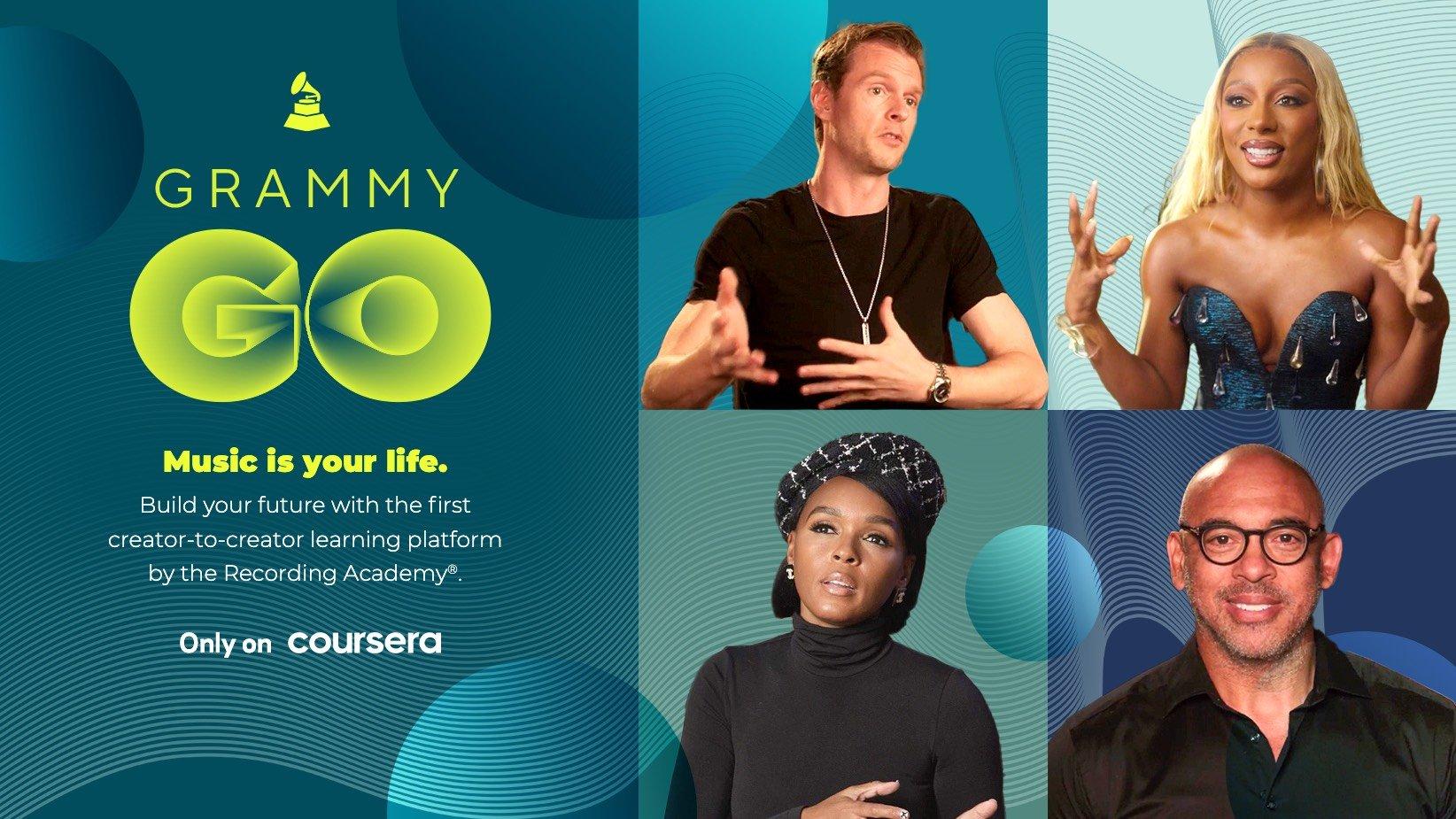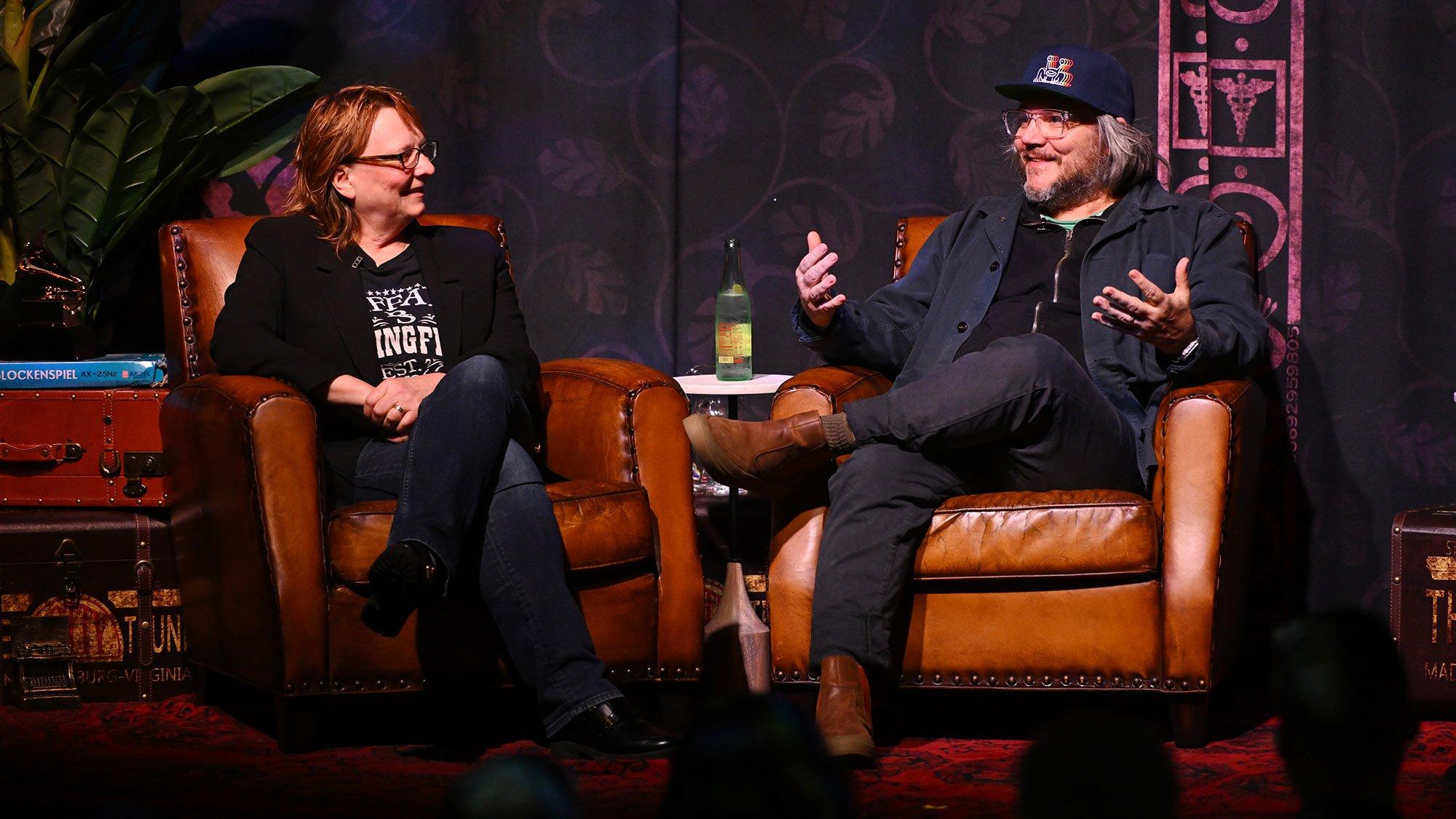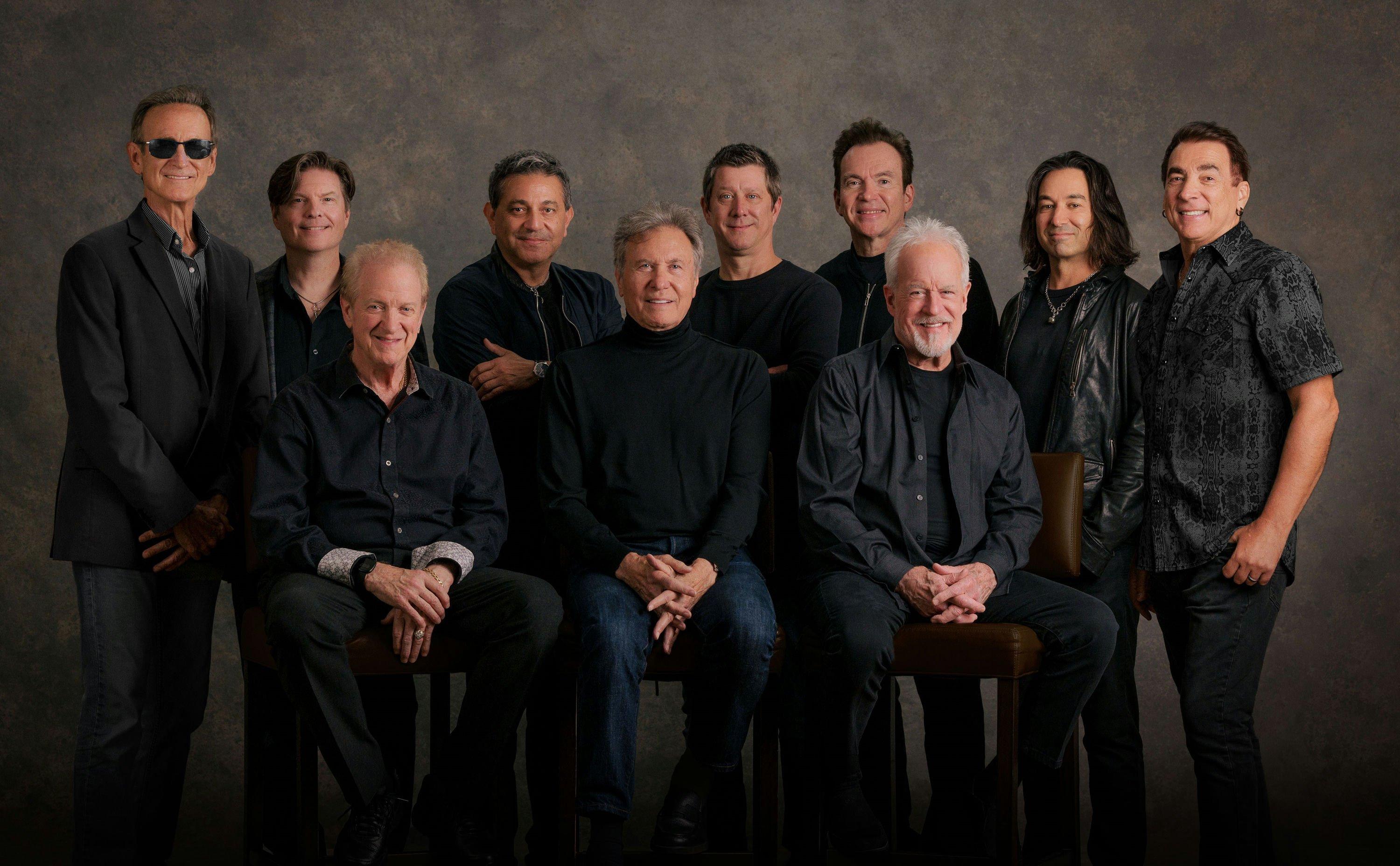Some people know from their earliest years what they’re bound to do for the rest of their lives, while others need to have that unlocked. J. Ivy—a onetime poetry skeptic, had his passion for spoken word unlocked his junior year of high school with the help of his English teacher Ms. Paula Argue.
Long before winning a Peabody, a Clio, and an NAACP Image Award—or before contributing to Kanye West’s Grammy-winning College Dropout, giving John Legend his stage name and sharing his poetry with the world in books, on TV, and on record—J. Ivy was a kid in an English classroom assigned to write a poem.
<style>.embed-container { position: relative; padding-bottom: 56.25%; height: 0; overflow: hidden; max-width: 100%; } .embed-container iframe, .embed-container object, .embed-container embed { position: absolute; top: 0; left: 0; width: 100%; height: 100%; }</style><div class='embed-container'><iframe src='https://www.youtube.com/embed/ZGqk2dHiVAo' frameborder='0' allowfullscreen></iframe></div>
“It was my junior year at Rich Central High School in Olympia Fields, Illinois—the south suburbs of Chicago. I was super shy and didn’t have a lot of confidence in myself,” Ivy recalls.
Part of the assignment included reading the poem out loud, but a young Ivy, then known as James, wasn’t keen to share his poetry. Yet, Ms. Argue saw such potential in what he’d written that she insisted. “I was interested in hip-hop and not traditional poetry, but I learned you’re not gonna argue with somebody named Ms. Argue!” Ivy laughs.
As an attentive teacher, Argue knew that she needed to do whatever she could to help ignite the spark of talent she had spotted. “When students show promise in assignments, I look for other ways for them to expand on it,” Argue says. In addition to giving Ivy an A grade for his poem “There Once Was a Cloud”, Argue insisted he perform the poem at the talent show she was organizing. Still unconvinced by the premise of poetry, Ivy said he’d be there but ultimately no-showed. The next day, Argue refused to let the poetry spark fade. “She said, ‘This time I'm not asking you, you have to do it,” Ivy recalls being told.
He then spent the next few weeks memorizing a piece that Argue had given him, and when his recitation earned a standing ovation, the die was cast. “My life changed in that instant,” he says.
Argue recalls the pride she felt in that moment, knowing she’d helped him spot something special within himself. “I was just blown away seeing him embrace this voice, this presence that he didn’t even know he had,” she says. “It’s amazing to see what a little touch of encouragement can do.”
Ms. Paula Argue/ Photo: Courtesy of Paula Argue
For Ivy, that love quickly became focused on self-expression, of sharing his innermost thoughts with the world. And as Ivy started performing at every talent show, club show, and performance at the school, Argue encouraged him along the way. After graduating high school and starting college at Illinois State, that passion continued to grow. While the performative aspect of spoken word first caught his attention, Ivy quickly became entranced by writing as well. He started attending more and more open mics and talent shows, now performing his own poetry, and thriving on the response. “I felt an electricity shoot through my body when the audience chuckled at something that made me chuckle when I wrote it [and] when they cried at something that made me cry,” he says. “I fell in love with storytelling, with poetry that I didn’t know existed before Ms. Argue introduced me to it.”
And as the years went by and the accolades and achievements piled up, Ivy made sure to keep in contact with the teacher that made it all possible. “Teachers should be the highest-paid people in the country,” vows Ivy.
For Argue, nurturing Ivy’s talent was about giving back. After initially thinking she’d like to be an attorney, Argue, having graduated from Rich Central High not all that long before starting to teach there, found herself inspired to share the passion and encouragement that had been shared with her. “I wanted to pay forward what my own teacher, Ms. Evans, had given me,” she says. “She was for me what I hope I have been for James: somebody to encourage me to do my best, to do what I love and do it well.”
Through his countless tour dates, book releases, albums, and more, Ivy has retained a connection to the teacher that helped him find and live in his purpose. And Argue, in turn, has been inspired by their continued friendship. “He’s always kept in contact to let me know what’s going on in his life, and whenever he’s in town we’ll go to lunch or he’ll stop by my classroom,” she says.
Ivy continues to return to Ms. Argue’s classroom to talk with students about the power of poetry because he understands the depth of potential that teachers can have. “Teachers are the foundation and pillars of who we are,” he says. “There’s so much love and compassion, time and energy that they pour into our students. They change lives, they even save lives. They push people in directions that they don’t even know are possible. That’s why I love Ms. Argue. I want her to know that without her, none of this would be possible.”
For the past 60 years, the Recording Academy’s Chicago Chapter has recognized and celebrated the creative accomplishments of our members across the Midwest, fought for their collective rights, and supported them in times of need. We are proud of our legacies and excited to continue looking ahead. Here's to the next 60.
Seth Troxler On His Detroit DJ Education & The Rich Black History—& Future—Of Dance Music

